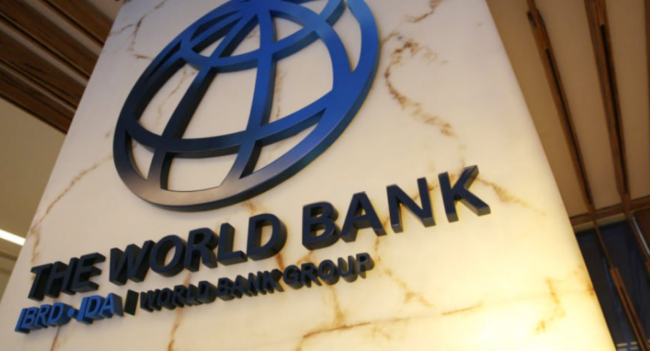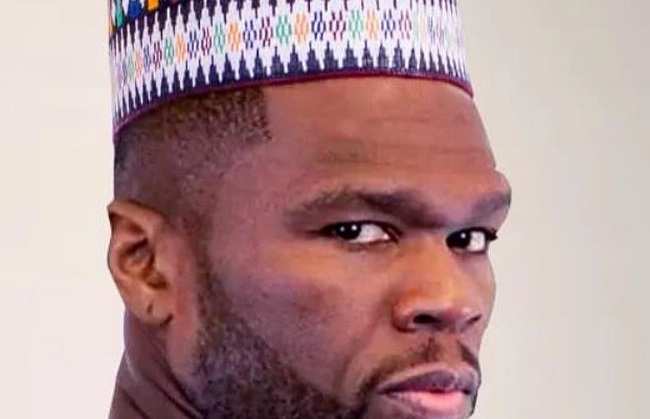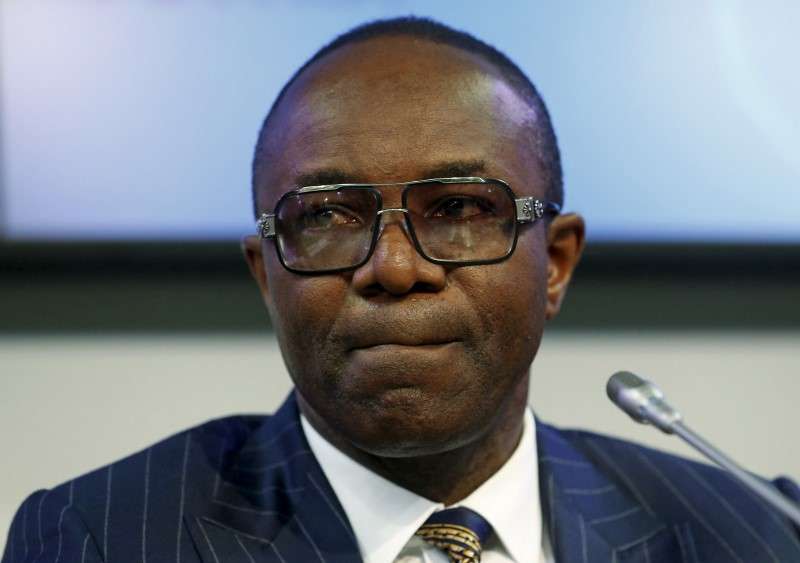The World Bank, on Wednesday, projected a depressing economic outlook for Africa, as the region’s largest economies are expected to record weak growth in 2023.
In its latest report, titled, ‘Africa’s Pulse’, the Bretton Woods institution said there is an elusive growth recovery in sub-Saharan Africa because rising instability and lingering uncertainty in the global economy are hindering growth prospects.
The bank said economic growth in Africa will decelerate to 2.5 percent in 2023, from 3.6 percent in 2022; projecting a 2.9 percent increase for Nigeria’s economy — a slowdown from the 3.1 percent ascribed to the country in 2022.
The World Bank also said South Africa’s gross domestic product GDP) would rise by 0.5 percent this year, while that of Angola is expected to inch up by 1.3 percent.
Advertisement
The firm linked South Africa’s slow growth to energy and transportation bottlenecks, stating that Nigeria and Angola are battling with lower international prices and currency pressures, which are affecting oil and non-oil activities.
“Increased conflict and violence in the region weigh on economic activity, and this rising fragility may be exacerbated by climatic shocks,” the report reads.
“In Sudan, economic activity is expected to contract by 12% because of the internal conflict which is halting production, destroying human capital, and crippling state capacity.”
Advertisement
‘NO GROWTH IN A DECADE’
The bank expressed concern about the possibility of the region not recording growth in per capita terms in a decade.
According to the firm, Africa has not registered a single increase since 2015 and the continent is projected to suffer a 0.1 percent dip over 2015-2025.
The lender said the struggle to record growth followed the plunge in commodity prices between 2014 and 2015.
Advertisement
Andrew Dabalen, World Bank chief economist for Africa, said: “The region’s poorest and most vulnerable people continue to bear the economic brunt of this slowdown, as weak growth translates into slow poverty reduction and poor job growth.”
“With up to 12 million young Africans entering the labor market across the region each year, it has never been more urgent for policymakers to transform their economies and deliver growth to people through better jobs.”
Amid the slow economic growth, 21 countries are at high risk of external debt distress or already in debt distress as of June 2023, the World Bank said.
‘SLOW GROWTH UNABLE TO CREATE MANY HIGH-QUALITY JOBS’
Advertisement
The multilateral institution also said the continent would be unable to create enough high-quality jobs to meet increases in the working-age population, as the growth rates are inadequate.
“Current growth patterns generate only 3 million formal jobs annually, thus leaving many young people underemployed and engaged in casual, piecemeal, and unstable work that does not make full use of their skills,” the World Bank said.
Advertisement
In Africa, the development of labour-intensive manufacturing is missing, according to the institution.
This, the firm said, affects indirect job creation in support services and international trade.
Advertisement
“This may be partly due to a lack of capital, which continues to hamper the structural transformation required for good quality jobs,” the bank explained.
In the report, the World Bank said out of the global working-age population, Africa accounts for 12 percent but holds only 2 percent of the global capital stock.
Advertisement
“This means people have fewer assets with which to be productive in Sub-Saharan Africa, compared to other regions,” the organisation added.
World Bank said creating job opportunities for the youth will drive inclusive growth and turn the continent’s demographic wealth into an economic dividend.
NOT ALL BAD FOR AFRICA
The bank said despite the gloomy outlook, there are few bright spots for Africa, as inflation is projected to decline to 7.3 percent in 2023, from last year’s 9.3 percent.
The financial institution said “…fiscal balances are improving in African countries that are pursuing prudent and coordinated macroeconomic policies”.
The World Bank report also said the Eastern African Community (EAC), as well as the West African Economic and Monetary Union (WAEMU), would record a growth of 4.9 percent and 5.1 percent, respectively.






